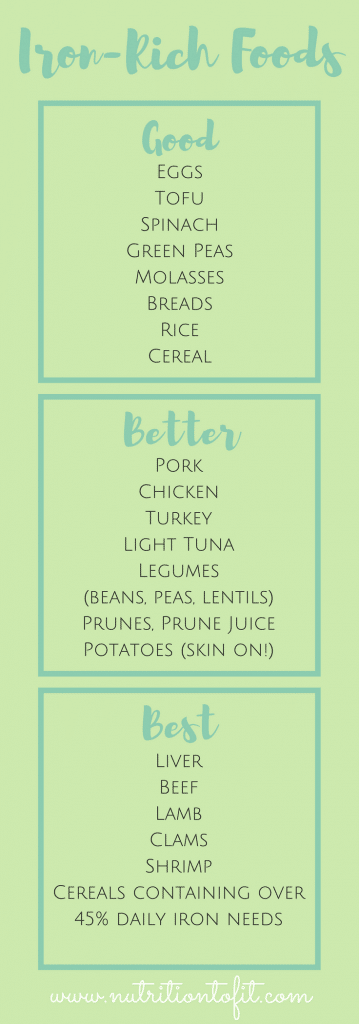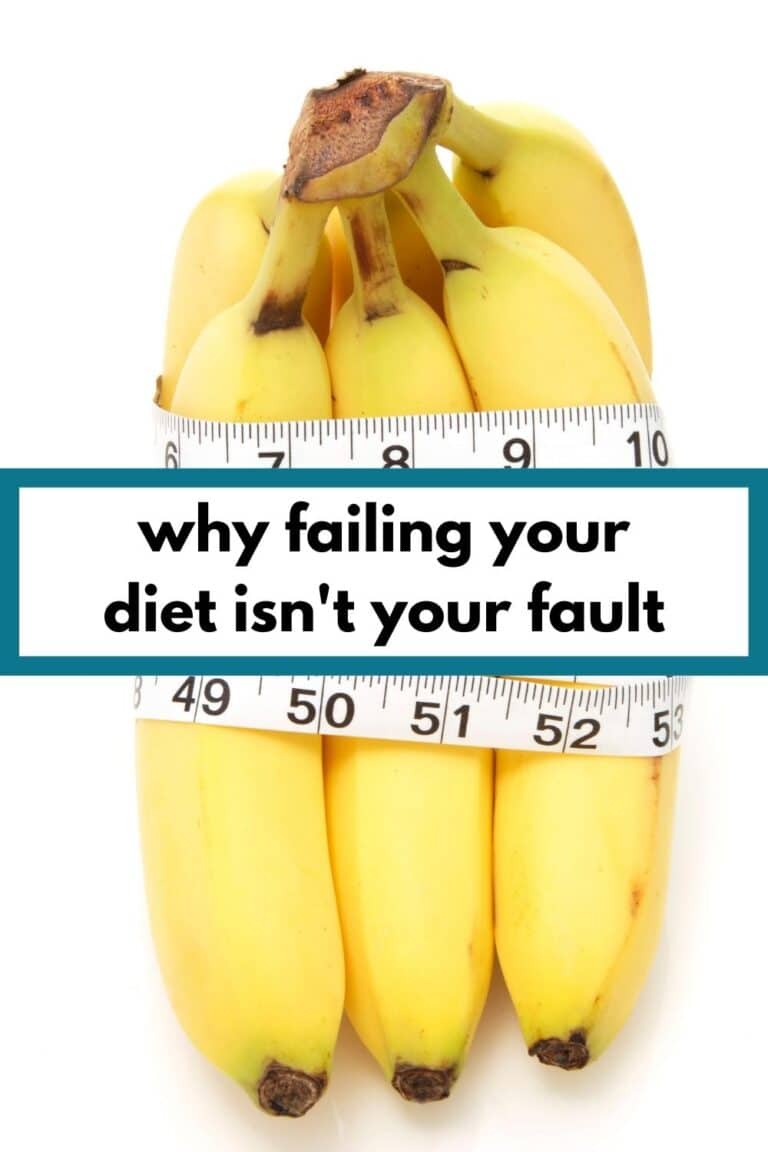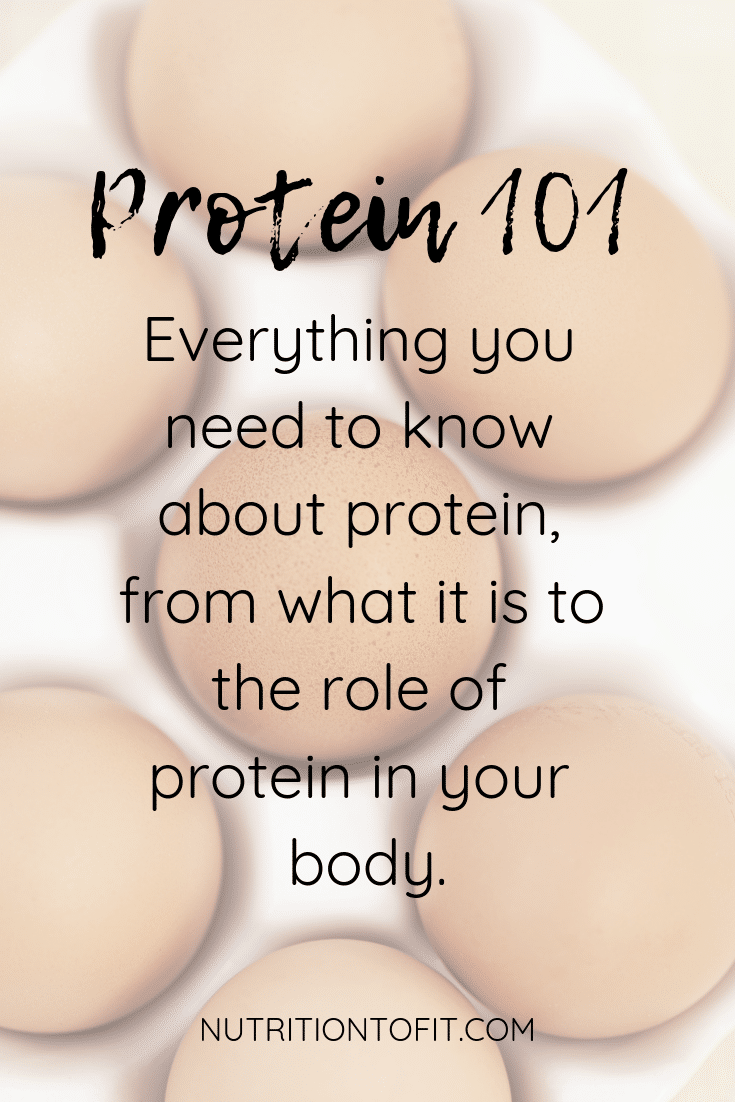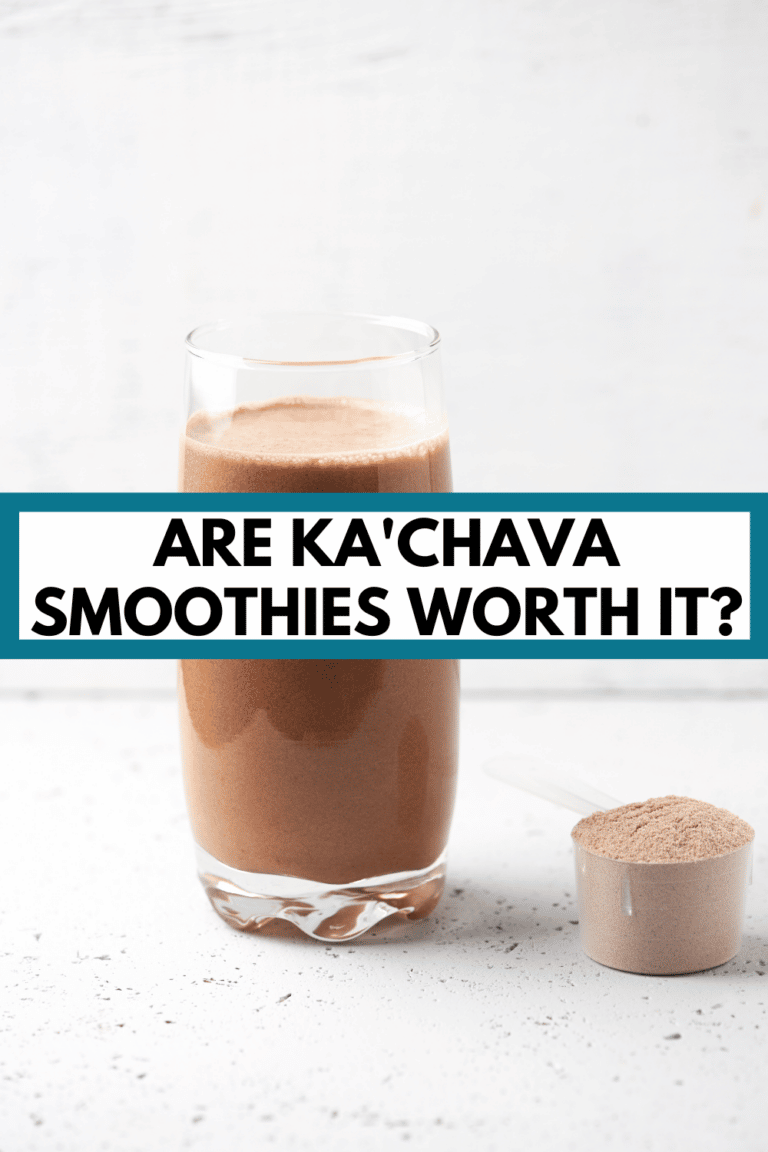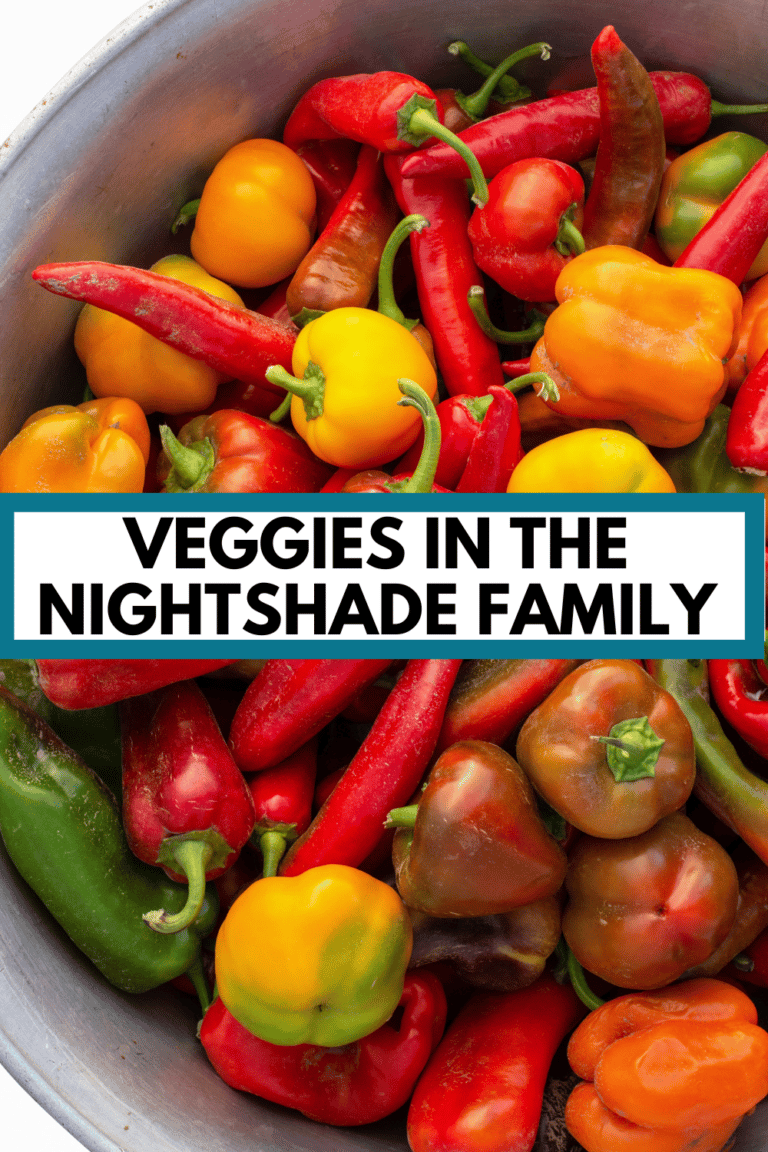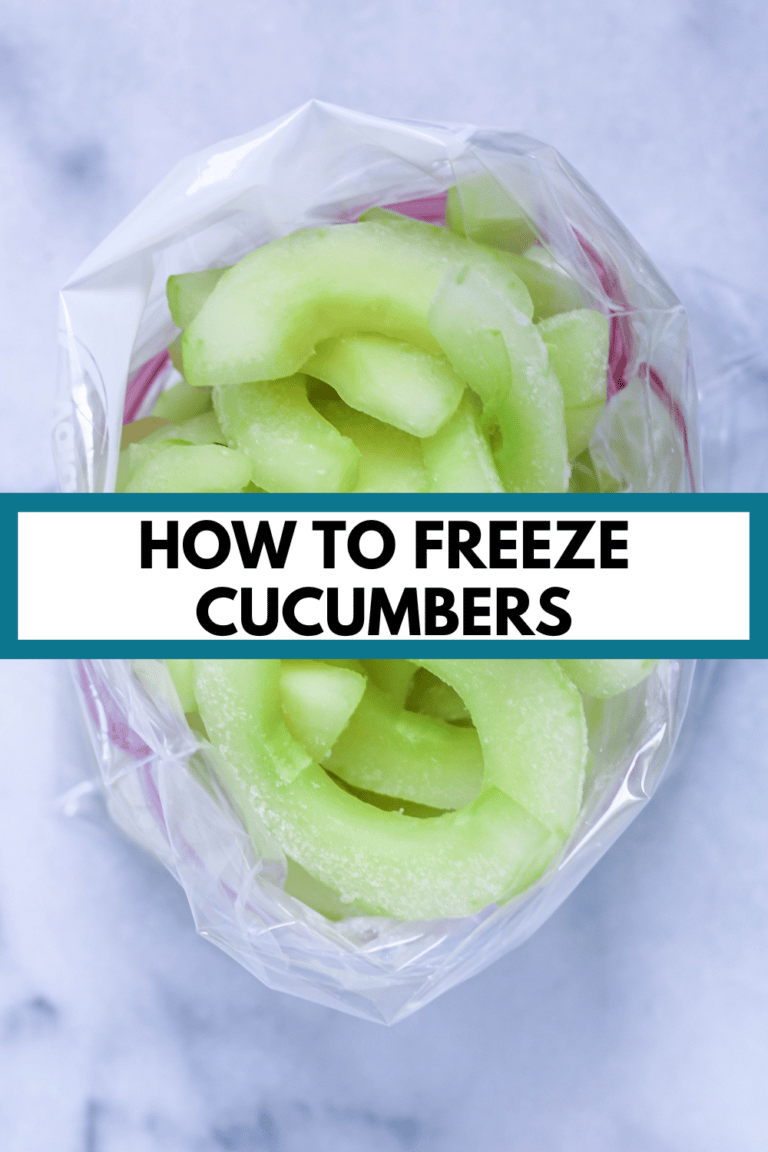Iron in Prenatal and Postnatal Nutrition
Iron is a micronutrient most people have heard about, and iron deficiency is one of the most commonly-known nutrient deficiencies. But did you know iron is one of the micronutrients you should pay a little more attention to during and after pregnancy?
Iron is a micronutrient that is important during pregnancy, as iron stores often decrease during pregnancy. It can be a micronutrient that can be a little harder to obtain through diet only, though, if you’re like many clients that I’ve worked with that experience food aversions to animal products. This iron guide today is going to show you why Iron is important in pregnancy and after, and accessible, affordable ways you can add iron to your diet.
The good news is, if you typically have good iron prior to becoming pregnant, you have a greater chance of having higher iron throughout your pregnancy until you deliver. Still, the number of women in the United States that have anemia and iron deficiency go from 12% of women who aren’t pregnant to 18% of women who are pregnant (1). Outside of the United States in underdeveloped countries, anemia and iron deficiency go from 43% of nonpregnant women to 75% of pregnant women.
So why do more women become iron-deficient in pregnancy? Basically, it is normal for every woman to see a drop in hemoglobin (the part of red blood cells that carry oxygen) during pregnancy, due to an increase in blood volume, as the body circulates more blood to support two lives – that of the mother and the fetus.
It’s important to ensure adequate iron stores for maternal safety. The Center for Disease Control states that low iron in pregnancy can lead to delivering your baby before you’re full term in your pregnancy, and can lead to a low-birth weight baby (2). Current research suggests that as long as a pregnant woman’s iron stores are above 6g/dL (ask your doctor where yours is!), it should not have an affect on the fetus’ growth (1). Research is also showing that worldwide, hemorrhage with anemia can lead to 20% of maternal deaths.
When you’re considering your postnatal nutrition for after you deliver the baby, the same consideration should be given to a diverse diet rich in iron sources. No matter whether you deliver your baby vaginally or by a Cesarean (C-section), there will be blood lost, and it is very common for women to have some iron deficiency immediately following delivery.
The amount of iron recommended during pregnancy is 27 mg daily, per the American College of Obstetrics and Gynecology (ACOG) (3). Typically most prenatal vitamins contain this amount (although be careful – some prenatal vitamins, like the gummy prenatal vitamins, don’t contain any iron). Talk to your obstetrician, but the ACOG recommends taking a daily prenatal vitamin to ensure all nutritional needs are met, on top of a balanced diet.
So, speaking of diet – how can you consume more iron in your diet?
Most people go straight to meat when they think about iron. This is true – animal protein (lean meat, poultry, and seafood) is a great source of iron, particularly heme iron. Iron in our food comes in two forms – heme and non-heme iron. Basically, heme iron is absorbed easier in your body than non-heme iron. Heme sources of iron are going to be things like lean meat, poultry, and seafood, whereas non-heme sources of iron are going to be plant-based, like spinach and beans (4). Some things (like vitamin C) help our bodies absorb non-heme iron better. Other things, like phytates (found in spinach and whole grains), polyphenols (like those in some cereals and legumes, coffee, tea, and some fruits and vegetables), and calcium inhibit our body’s ability to easily absorb iron (5, 6).
Summary:
- Iron is an important micronutrient in prenatal and postnatal periods for women.
- Our bodies absorb some sources of iron (heme iron) better than others (non-heme iron).
- Try to consume a variety of sources of iron in your diet.
- Talk to your doctor about taking a prenatal vitamin to ensure you’re meeting your daily iron and other nutritional needs.
NTF Recipes with Iron-Rich Foods:


